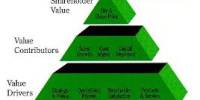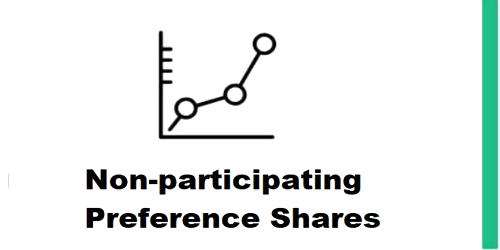The spot market is a financial market where financial instruments, such as commodities, currencies, and securities, are traded for immediate delivery or settlement. In other words, it’s a market where buyers and sellers come together to buy and sell assets at current market prices, with the transaction being settled immediately or within a very short period of time, typically within two business days.
A public financial market in which financial instruments or commodities are traded for immediate delivery is known as the spot market or cash market. In contrast, a futures market requires delivery at a later date. In a spot market, settlement usually takes T+2 working days, which means that cash and commodities must be delivered within two working days of the trade date. A spot market can exist as an exchange or as an over-the-counter market (OTC). Spot markets can operate wherever the necessary infrastructure exists.
The spot market is different from the futures market, where contracts are traded for delivery or settlement at a future date. In the spot market, the prices of the assets are determined by the market forces of supply and demand, and they can fluctuate constantly throughout the trading day.
The spot market is used by investors, traders, and companies to buy and sell assets for various purposes, such as hedging against price fluctuations, speculating on price movements, or simply to meet their immediate needs for the asset. Examples of assets that can be traded on the spot market include commodities like oil and gold, currencies, and stocks.
Exchange
Securities (financial instruments) and commodities are traded on an exchange, which uses, creates, and possibly changes the current market price.
The spot price is the current price of a financial instrument. It is the price at which an instrument can be sold or purchased right away. The spot price is determined by buyers and sellers posting their buy and sell orders. The spot price in liquid markets can change by the second as orders are filled and new ones enter the market.
OTC
Trades in the over-the-counter (OTC) market are based on contracts made directly between two parties and are not subject to the rules of an exchange. The contract terms are mutually agreed upon and may be non-standard. The price will most likely not be disclosed.
Over-the-counter transactions are those that take place directly between a buyer and a seller (OTC). These transactions are not facilitated by a centralized exchange. With a daily turnover of $5 trillion, the foreign exchange market (or forex market) is the world’s largest OTC market.
The price in an OTC transaction can be based on a spot price or a future price/date. The terms of an OTC transaction are not necessarily standardized, and thus may be subject to the buyer’s and/or seller’s discretion. OTC stock transactions, like exchange trades, are typically spot trades, whereas futures or forward transactions are not always.
















